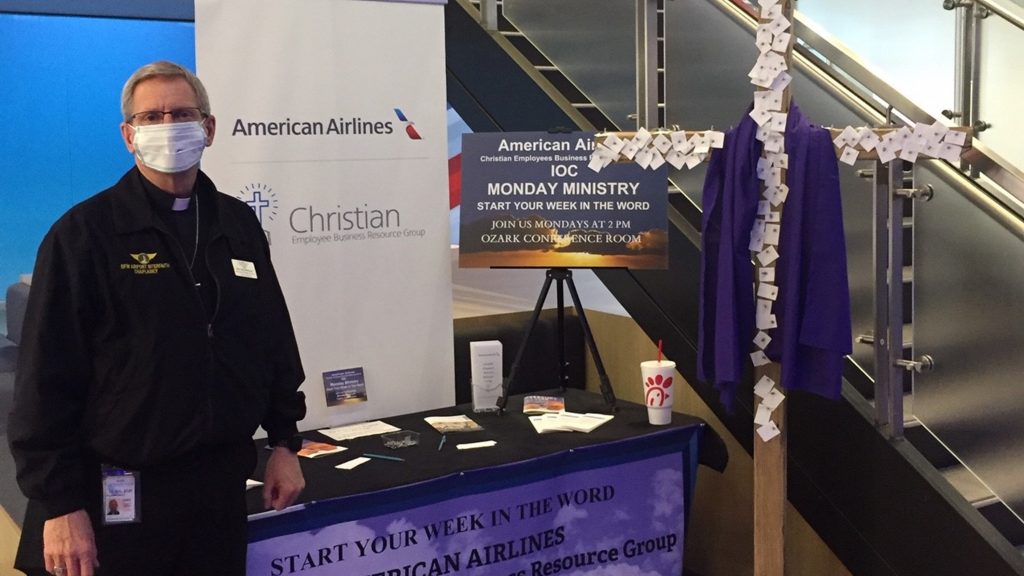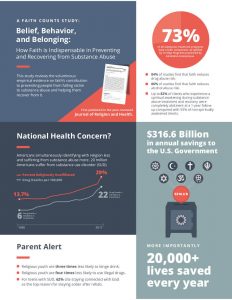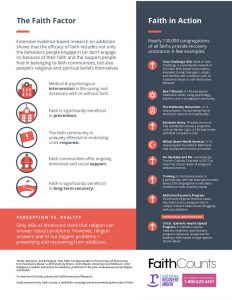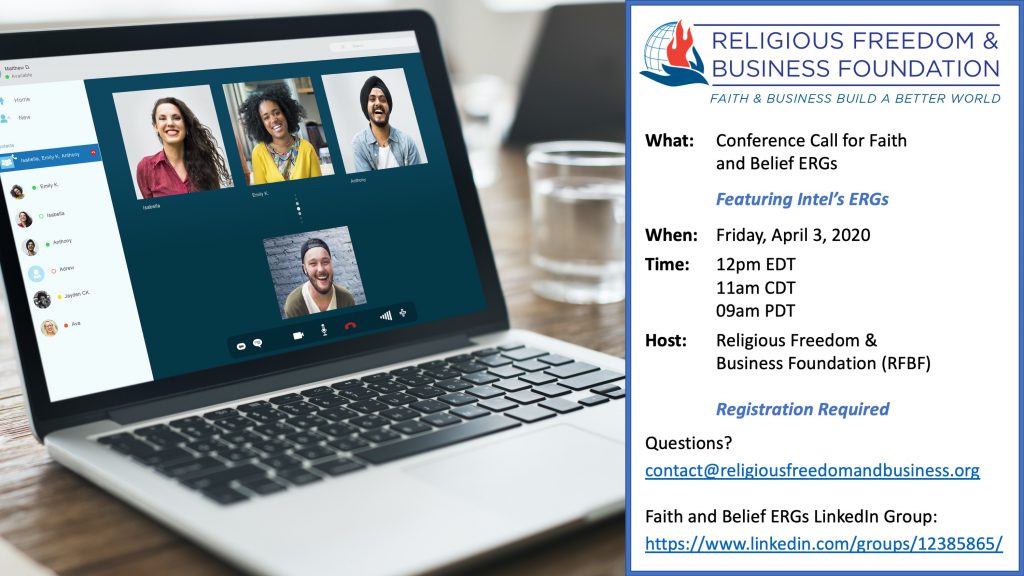Thirty-two members of the Economic Strategy Group today released the following statement about the COVID-19 pandemic and its economic aftermath. Signatories include a bipartisan group of former US Treasury secretaries, former Fed chairs, CEA Chairs, and former NEC directors.
The COVID-19 pandemic is at once threatening American lives, the sustainability of our nation’s health care system, and our economic prosperity. Our paramount concern at this moment should be to slow the spread of this virus and equip our health care system to effectively respond. Saving lives and saving the economy are not in conflict right now; we will hasten the return to robust economic activity by taking steps to stem the spread of the virus and save lives.
Public and private sector actors must work together to provide more tests, more ventilators, more personal protective equipment, and more support for hospitals and health care facilities. Only when we have made progress on these fronts will US businesses and consumers be able to resume normal economic activity without inducing a resurgent spread that leads to even more severe health and economic effects.
We are deeply troubled by the prospect of a sustained recession that would erode the economic livelihood of millions of Americans. While Americans practice social distancing and medical professionals work to save lives, policymakers should put measures in place to support households and businesses through this difficult period. These collective efforts will allow more businesses to get up and running again as soon as possible and minimize the severity of the economic hardship on the American people.
Signatories:
Henry M. Paulson, Jr.
74th Secretary of the US Treasury; Co-Chair, Economic Strategy Group
Erskine Bowles
President Emeritus, The University of North Carolina; Co-Chair, Economic Strategy Group
Melissa S. Kearney
Neil Moskowitz Professor of Economics, The University of Maryland; Director, Economic Strategy Group
Adewale Adeyemo
Former Deputy National Security Advisor for International Economics
Ben Bernanke
Former Chairman, Board of Governors of the Federal Reserve System
Joshua Bolten
President & CEO, Business Roundtable; Former Chief of Staff to President George W. Bush
Sylvia Burwell
Former Secretary of the US Department of Health and Human Services; Former Director, Office of Management and Budget
Lanhee Chen
David and Diane Steffy Research Fellow, Hoover Institution
Dave Cote
Executive Chairman, Vertiv Holdings
James S. Crown
Chairman and CEO, Henry Crown and Company
Dr. Sue Desmond-Hellmann
Senior Advisor, Bill & Melinda Gates Foundation
Diana Farrell
Founding President & CEO, JPMorgan Chase Institute; Former Deputy Director, National Economic Council
Jason Furman
Former Chairman, Council of Economic Advisers; Professor of the Practice of Economic Policy, Harvard Kennedy School of Government
Timothy Geithner
75th Secretary of the Treasury; President, Warburg Pincus
Austan Goolsbee
Former Chairman, Council of Economic Advisers; Robert P. Gwinn Professor of Economics, University of Chicago Booth School of Business
Douglas Holtz-Eakin
Former Director, Congressional Budget Office; President, American Action Forum
Glenn Hubbard
Former Chairman, Council of Economic Advisers; Dean Emeritus, Columbia Business School
Neel Kashkari
President and CEO, Federal Reserve Bank of Minneapolis; Former Assistant Secretary, US Treasury
Edward Lazear
Former Chairman, US Council of Economic Advisers; Davies Family Professor of Economics, Stanford Graduate School of Business
Maya MacGuineas
President, Committee for a Responsible Federal Budget
Gregory Mankiw
Former Chairman, Council on Economic Advisers; Robert M. Beren Professor of Economics, Harvard University
Janet Murguia
President and CEO, UnidosUS
Michael Nutter
Former Mayor, City of Philadelphia; Professor of Practice, Columbia University School of International and Public Affairs
John Podesta
Founder and Director, Center for American Progress
James Poterba
Mitsui Professor of Economics at the Massachusetts Institute of Technology
Penny Pritzker
38th US Secretary of Commerce; Chairman & Founder, PSP Partners
Bruce Reed
CEO of Civic; Former Chief of Staff, Vice President Joe Biden
Robert E. Rubin
70th Secretary of the US Treasury; Co-Chairman Emeritus, Council on Foreign Relations
Margaret Spellings
Former US Secretary of Education; President and Chief Executive Officer, Texas 2036
Gene Sperling
Former Director, National Economic Council
Robert K. Steel
Chairman of Advisory, Perella Weinberg Partners; Former Under Secretary of the US Treasury for Domestic Finance
Lawrence H. Summers
71st Secretary of the US Treasury; Charles W. Eliot University Professor and President Emeritus, Harvard University
Janet Yellen
Former Chair, Board of Governors of the Federal Reserve System
Jeffrey Zients
Former Director, National Economic Council; CEO, Cranemere
The Aspen Economic Strategy Group (ESG), a program of the Aspen Institute, is co-chaired by Henry M. Paulson, Jr. and Erskine Bowles and composed of a diverse, bipartisan group of distinguished leaders and thinkers with the goal of promoting evidence-based solutions to significant US economic challenges. The ESG fosters the exchange of economic policy ideas and seeks to clarify the lines of debate on emerging economic issues while promoting bipartisan relationship-building among current and future generations of policy leaders in Washington.
The Aspen Institute is a global nonprofit organization committed to realizing a free, just, and equitable society. Founded in 1949, the Institute drives change through dialogue, leadership, and action to help solve the most important challenges facing the United States and the world. Headquartered in Washington, DC, the Institute has a campus in Aspen, Colorado, and an international network of partners.
 Hear the amazing story of how Ingrid Vanderveldt (aka IV) — Dell’s first entrepreneur in residence — began her journey of empowering a billion women through business and faith.
Hear the amazing story of how Ingrid Vanderveldt (aka IV) — Dell’s first entrepreneur in residence — began her journey of empowering a billion women through business and faith.















